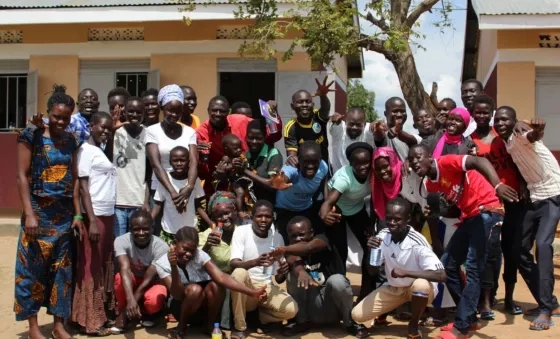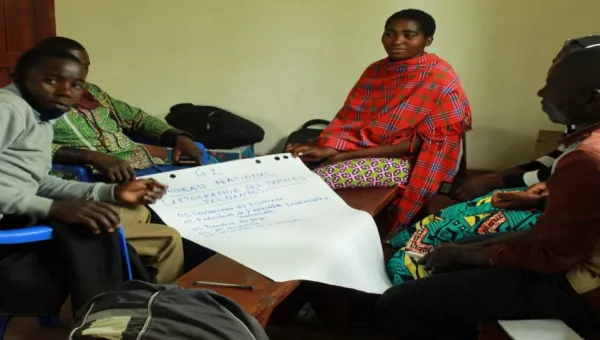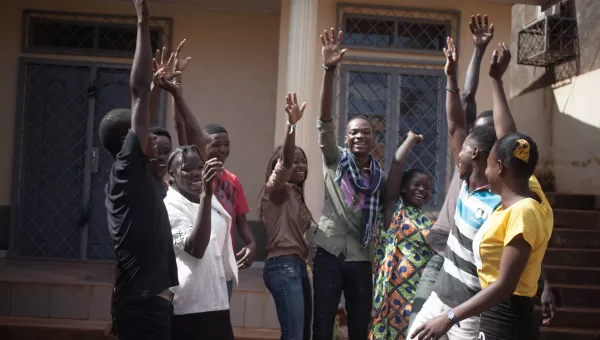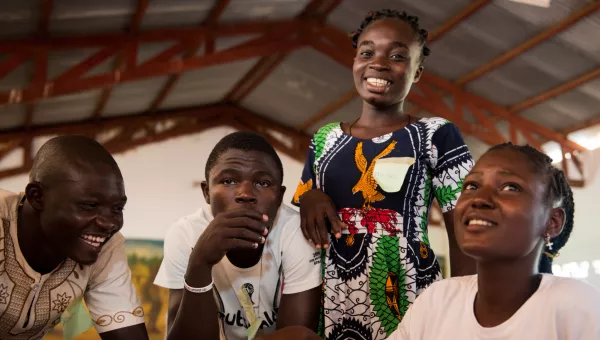Protecting separated and orphaned children
From 2018 to 2020 in Northern Uganda, War Child supported two VoiceMore groups made up of half local Ugandan young people and half South Sudanese refugee young people to choose an issue they wanted to solve. The young people decided to focus their project on the protection needs of orphan and separated children. This was because they felt these children were in the most in need of support.
VoiceMore youth orphans were being prevented from accessing their rights.They reported that:
- Orphans were being forced to work, either doing dangerous jobs or spending hours on domestic labour.
- Those children often didn't have any clothes and could be seen on the streets partially naked, wearing little more than rags.
- Some female orphans as young as 12 were engaging in survival sex for money or food.
- Orphans were not able to go to school or access health services due to fees and the requirement to be accompanied or enrolled by an adult.
Watch this video to hear the young people explain the issues orphans were facing:
Understanding the issue
The group conducted the first ever youth-led count of orphans in both the refugee and host communities. Using random sampling in BidiBidi Refugee Settlement, the group found that NGOs and the Government were underestimating the number of orphans and separated children. They also found that:
- 54% of households had at least one orphan or separated child. This was 58% in the refugee population and 51% in the host community.
- 25% of children in the settlement were orphans or separated children.
- Only 12% of refugee households and 4% of host community households with orphans were receiving any form of support.
- Host community children were most likely to have been orphaned because of illness, compared to refugee orphans who were most likely to have lost their parents to war.




